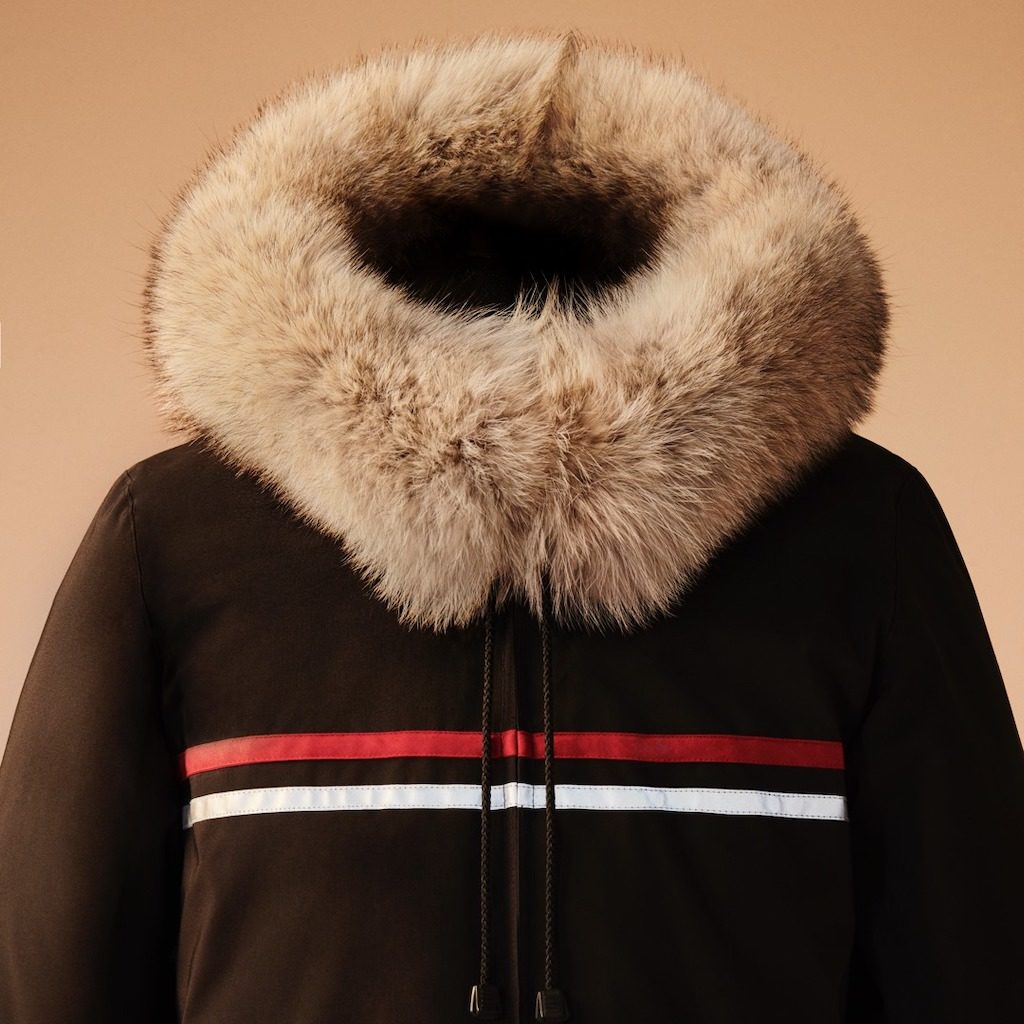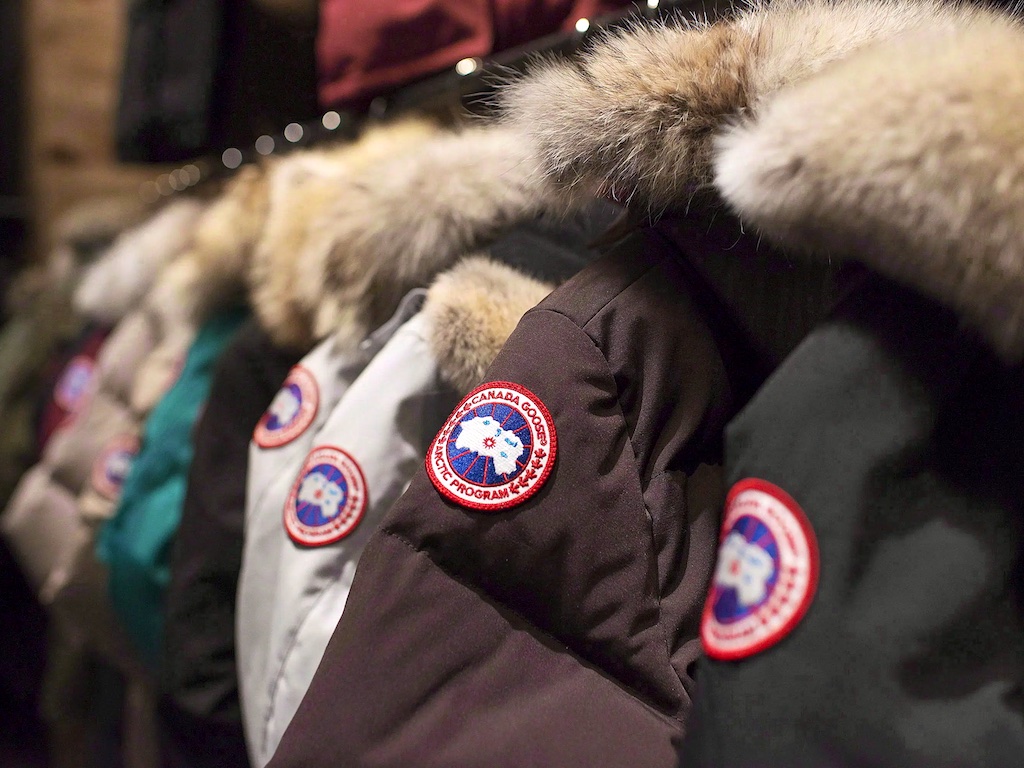4 Mins Read
Luxury parka maker Canada Goose has pledged to end the use of fur no later than 2022. The pledge is seen as a pivot to the rise of conscious consumerism, but the brand has stopped short of removing down feathers from its materials.
Canada Goose says it’ll end the use of all fur across its products by 2022 and will stop all fur purchases by the end of this year. The Canadian parka maker says it’s going to “expand lifestyle relevance” with this new pledge, made as part of its “purpose-based platform”.
“Our focus has always been on making products that deliver exceptional quality, protection from the elements, and perform the way consumers need,” said president and CEO Dani Reiss. “This decision transforms how we will continue to do just that.”
The brand currently buys fur from trappers but says it will now use reclaimed fur exclusively for its range of luxury parkas and jackets.
‘A significant step forward’
In response, Canada’s largest animal welfare nonprofit, Humane Canada, has welcomed the decision.
“This is a significant step forward toward building a more humane and sustainable world,” commented the organisation’s CEO Barbara Cartwright. “We applaud Canada Goose’s commitment to end the use of all fur by late 2022 and the leadership position they are taking in their industry.”

This is a significant step forward toward building a more humane and sustainable world.
Barbara Cartwright, CEO, Humane Canada
As one of the most recognisable labels in the high-end jacket industry, Canada Goose’s move will likely persuade more brands to say no to fur. Other early movers in luxury fashion include Stella McCartney, who has shunned the use of all animal-derived materials like fur or leather. In addition, many countries around the world have fur bans in place.
Animals protection organization Humane Society International agreed this was an important move, saying it “welcomes the announcement as ‘another nail in the coffin for the fur trade’, though in a post on their website added that although “we congratulate Canada Goose for taking this step, and are happy to see yet another nail in the coffin for the fur trade, switching to ‘reclaimed fur’ feels like an unnecessarily long-goodbye for this company’s outdated relationship with fur; ultimately their future must be fur-free”.
A Humane Society report found that over 100 million animals are killed as part of the fur trade each year.
Capturing conscious consumers
Canada Goose, known for their $1,000 parkas, is eyeing the influential cohort of young conscious consumers. These shoppers are paying more attention to the ethics and sustainability products than ever before. In a recent poll, many Gen Zs cited value-led branding as a key consideration in their purchasing decisions.
In response to their demands, Reiss says that the brand will add more eco-friendly jackets to its line-up in the future.
“We continue to expand – across geographies and climates – launching new categories and products designed with intention, purpose and functionality,” said the CEO. “We are accelerating the sustainable evolution of our designs.”
Reiss added that the brand’s latest Standard Expedition Parka is their “most sustainable to date”. Compared to the original, it has a 30% lower carbon footprint and uses up 65% less water to produce.

We are accelerating the sustainable evolution of our designs.
Dani Reiss, President & CEO, Canada Goose
Down feathers still being used
But the brand is far from achieving cruelty-free status. As shoppers become more careful about what they buy, this could be a problem for the company in the future. According to its website, Canada Goose will continue to use natural down feather, despite the new move to ditch new fur.
PETA has previously exposed the cruelty behind the industry. In an investigation into the brand’s down supplier, the organisation revealed how workers “rounded up panicked geese, grabbing and carrying them by the neck.”
“Every time someone purchases a Canada Goose down-filled jacket or any down-filled product, they could easily be supporting [these] horrors,” said PETA. “The best way to help geese suffering right now is not to buy anything containing down.”
Lead image courtesy of The Canadian Press / Aaron Vincent Elkaim.




